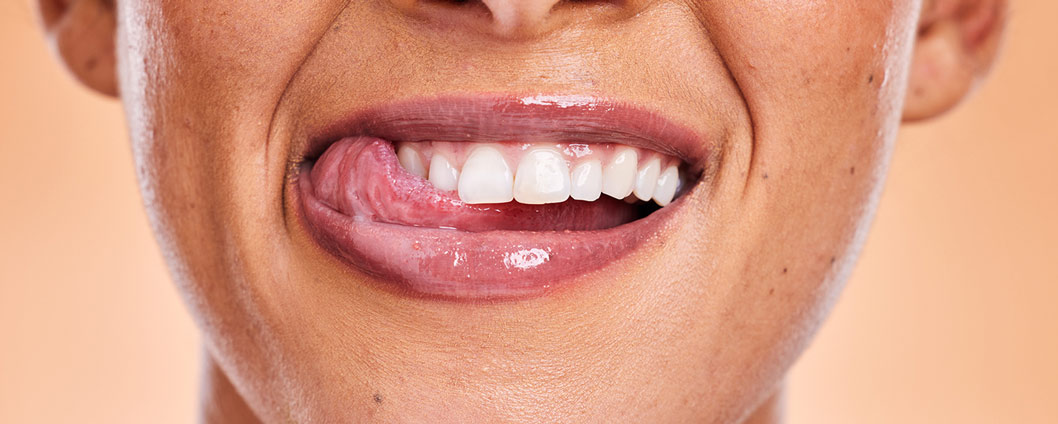Understanding and Finding Relief in Sensitive Teeth
That sharp, sudden pain when you bite into ice cream or sip hot coffee? You’re not alone. Millions of people experience tooth sensitivity, a common dental issue that can make enjoying certain foods and drinks a painful experience. This blog post will explore the causes of tooth sensitivity, discuss various treatment options, and offer practical solutions for finding relief.
What Causes Tooth Sensitivity?
Tooth sensitivity, also known as dentin hypersensitivity, occurs when the dentin, the layer of tooth beneath the enamel, is exposed. Dentin contains tiny tubules that connect to the nerves in your teeth. When these tubules are exposed, they can transmit pain signals to the nerves, causing that familiar zing. Common causes of dentin exposure include:
- Enamel Erosion: Enamel, the hard outer layer of your teeth, can wear away over time due to factors like aggressive brushing, acidic foods and drinks, or teeth grinding (bruxism).
- Gum Recession: Receding gums expose the root surfaces of teeth, which are more sensitive than the enamel-covered crowns. Gum recession can be caused by gum disease, aggressive brushing, or genetics.
- Tooth Decay: Cavities can expose the dentin and cause sensitivity.
- Cracked Teeth: Cracks in teeth can also expose the dentin and lead to sensitivity.
- Dental Procedures: Some dental procedures, like teeth whitening or deep cleanings, can temporarily cause tooth sensitivity.
Symptoms of Tooth Sensitivity:
The hallmark symptom of tooth sensitivity is a brief, sharp pain when teeth come into contact with:
- Hot or cold foods and drinks: Ice cream, hot coffee, and other temperature extremes are common triggers.
- Sweet or acidic foods and drinks: Sugary treats and acidic fruits can irritate exposed dentin.
- Cold air: Even breathing in cold air can trigger sensitivity for some people.
- Brushing or flossing: If gums are receded or enamel is eroded, brushing or flossing can cause discomfort.
Treatment Options for Sensitive Teeth:
The treatment for sensitive teeth depends on the underlying cause. Here are some common options:
- Desensitizing Toothpaste: These toothpastes contain ingredients like potassium nitrate or strontium chloride, which help to block the nerve signals in the dentin tubules, reducing sensitivity.
- Fluoride Treatments: Fluoride can help strengthen enamel and make it more resistant to acid erosion. Your dentist can provide professional fluoride treatments or recommend over-the-counter fluoride mouthwash or toothpaste.
- Dental Sealants: Sealants can be applied to the chewing surfaces of molars to protect exposed dentin in grooves and pits.
- Gum Grafts: If gum recession is the cause of sensitivity, gum grafts can cover the exposed root surfaces.
- Fillings or Crowns: If tooth decay or a cracked tooth is causing sensitivity, fillings or crowns can repair the damage and protect the dentin.
- Night Guards: If teeth grinding (bruxism) is contributing to enamel erosion, a night guard can protect your teeth while you sleep.
- Professional Cleaning: Regular dental cleanings can remove plaque and tartar, which can contribute to gum recession and sensitivity.
Practical Solutions for Relief:
In addition to professional treatment, here are some things you can do at home to manage tooth sensitivity:
- Use a Soft-Bristled Toothbrush: A soft-bristled brush is gentler on your gums and enamel.
- Brush Gently: Avoid brushing too hard, as this can wear away enamel and irritate gums.
- Use Warm Water: Use lukewarm water for brushing and rinsing.
- Avoid Acidic Foods and Drinks: Limit your intake of acidic foods and drinks, such as citrus fruits, sodas, and vinegar. If you do consume them, rinse your mouth with water afterward.
- Chew Sugar-Free Gum: Chewing sugar-free gum can stimulate saliva production, which can help neutralize acids and protect enamel.
- Maintain Good Oral Hygiene: Regular brushing, flossing, and dental checkups are essential for preventing tooth decay and gum disease, which can contribute to sensitivity.
When to See a Dentist:
If you experience persistent or severe tooth sensitivity, it’s essential to see your dentist. They can determine the underlying cause of your sensitivity and recommend the most appropriate treatment plan. Don’t hesitate to seek professional help – a pain-free smile is within reach!
Sensitive teeth can be a nuisance, but understanding the causes and available treatments can empower you to take control of your oral health. By working with your dentist and implementing these practical tips, you can find relief from tooth sensitivity and enjoy your favorite foods and drinks without pain.



